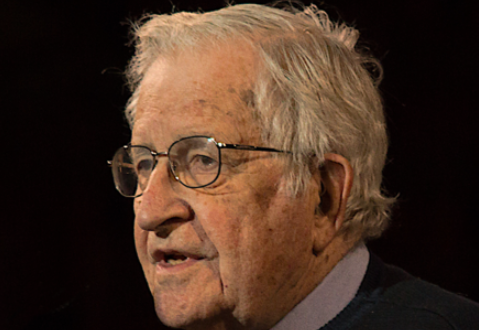Back in September Baroness Warsi signed an agreement at the United Nations pledging that the UK and the Organisation of Islamic Co-operation would ‘work together on issues of peace, stability and religious freedom’. She is currently attending an OIC summit in Cairo.
I view both Warsi, and her interactions with the OIC, with ambivalence – perhaps because the views of both are somewhat hard to pin down. In some ways the OIC’s stance seems to have softened over the years. It has taken an apparent step back from its pursuit of punishments for blasphemy, although as recently as 2010 Pakistan, on behalf of the OIC, brought forward a widely criticised resolution to outlaw religious defamation. It is explained here that the OIC has retreated, not from conviction, but because of increasingly robust (and very welcome) opposition from many other countries.
This lack of any real change of heart was demonstrated in the OIC’s response to the film The Innocence of Muslims:
Ekmeleddin Ihsanoglu, secretary-general of the Organization of Islamic Cooperation (OIC), said the international community should “come out of hiding from behind the excuse of freedom of expression”, a reference to Western arguments against a universal blasphemy law that the OIC has sought for over a decade.
He said the “deliberate, motivated and systematic abuse of this freedom” were a danger to global security and stability.
And some of its other statements and positions remain regressive. In 2012 a Pakistani representative of the OIC addressed a seminar on discrimination against LGBT individuals held by the United Nations Human Rights Council, asserting that such behaviour was contrary to the teaching of Islam and other religions.
This is an issue which has caused Warsi to come in for criticism too. She condoned a homophobic election campaign in 2005. However, much more positively, she bucked the trend in her party, and voted in favour of gay marriage recently, together with a number of other Muslim MPs. However equal love is certainly not an issue she touches on in this speech, given to the OIC in 2011, and neither (even though she singles out Pakistan for supportive comments) does she mention the impact its horrendous blasphemy laws have on both Muslims and non-Muslims.
However in her latest speech to the OIC she does insist on the vital importance of religious freedom (including atheist freedom):
This is what motivates me to speak as passionately as I do about the rights of Christians, Jews and others of faith, or indeed of no faith – as I do about the rights of fellow Muslims. The basic duty of governments is to provide security for their people. That responsibility can have no exceptions.
So if there is just one message that I hope you will take back from my contribution, it is the universality of Freedom of Religion or Belief.
Yet earlier in the speech she speaks enthusiastically about her friendship for the same Ihsanoglu who wanted to restrain our freedom of expression. Admittedly, this is not quite the same as wanting to enforce a particular belief – we are to be allowed to be quiet, polite atheists. But if we are not allowed to poke fun at the religious beliefs of others, why should the religious be allowed to insist on their own superiority, and, in extreme cases, assert that those who don’t share their views deserve eternal torment? She speaks with equal delight of her meeting with Sheykh Ahmed Al Tayyeb, who was involved in a rally described by many as anti-Semitic, and who – guess what – thinks the defamation of religion should be criminalised.
As I was alerted to this story by the council of ex-Muslims, on Twitter, I think I’ll let one of its members have the final word, an eloquent response to a tweet of Warsi’s in which she confirms that the freedom of religion includes ‘the freedom to choose no religion’:
We urge her to consider how this freedom actually plays out not as an abstract notion, but as a real, lived experience, and how this should never be marginalised by the careless intertwining of the free expression of conscience with hate crimes.


